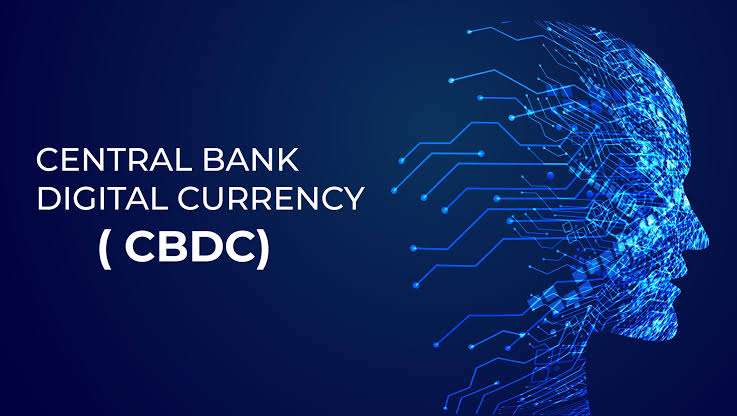Hong Kong is moving forward with CBDC initiatives, with ongoing research focusing on tokenization and programmability.
According to projections by experts, Hong Kong’s gross domestic product (GDP) could expand substantially over the next few years, propelled by tokenization and a possible transition to central bank digital currencies (CBDCs).
The forecasts follow the conclusion of an e-HKD pilot program on tokenized real estate that Boston Consulting Group (BCG), Hong Kong Telecom, and ZA Bank recently concluded.
The research, which examined the viability of tokenizing real estate and other assets, revealed that doing so could benefit the Special Administrative Region’s digital economy.
BCG hypothesized in its submission that the integration of digital assets would result in a substantial increase in the GDP of the region.
The hypothesis was derived from BCG’s forecasts, which incorporated stablecoins, tokenized deposits, tokenization of tangible assets, and the forthcoming e-HKD.
BCG estimates the expansion will contribute an additional HK$160 billion (US$20.5 billion) to Hong Kong’s economy by 2032, reiterating comparable forecasts put forth by other organizations.
The projected growth rate of 0.5% is not definitive, as BCG acknowledges that various factors may hinder its estimates, such as the imminent lack of essential infrastructure to facilitate tokenization.
BCG notes that Hong Kong’s administrators will be expected to demonstrate solid regulatory support for digital currencies and tokenization initiatives in addition to infrastructure.
The report by BCG posits that the expansion of the local economy is assuredly triggered in several areas, commencing with the release of asset liquidity. In real estate, tokenization may yield assets worth up to $29 trillion.
Additional prospective domains for expansion encompass the dissemination of funds, comprehensive backing for Web3 endeavors, and examining cross-border transactions as a catalyst for economic expansion.
In furtherance of its CBDC objectives, Hong Kong has concluded the initial phase of its e-HKD pilot program. At present, the central bank is making preparations to undertake the second phase of research, which will center on tokenization, atomic settlement, and programmability.
While Project Ensemble has propelled CBDCs to an advanced stage, Hong Kong has succeeded with tokenized deposits and stablecoins through innovative experiments and rigorous rulemaking.
Challenges and Opportunities in Asset Tokenization
The pilot project of BCG involved tokenizing real estate and fictitious e-HKD for settlements using blockchain technology.
Before spending the e-HKD on transactions conducted both on-chain and off-chain, participants were required to satisfy specific conditions via programmability features.
Off-chain credit assessments were performed instead of Polygon’s publicly distributed ledger, which was utilized for tokenization and settlements.
However, BCG argued that several complications could impede the tokenization of tangible assets.
Existing legislation requires the token to function as a bearer instrument; the pilot identified many legal concerns, including the burdensome process of registering each transaction with the off-chain land registry.












